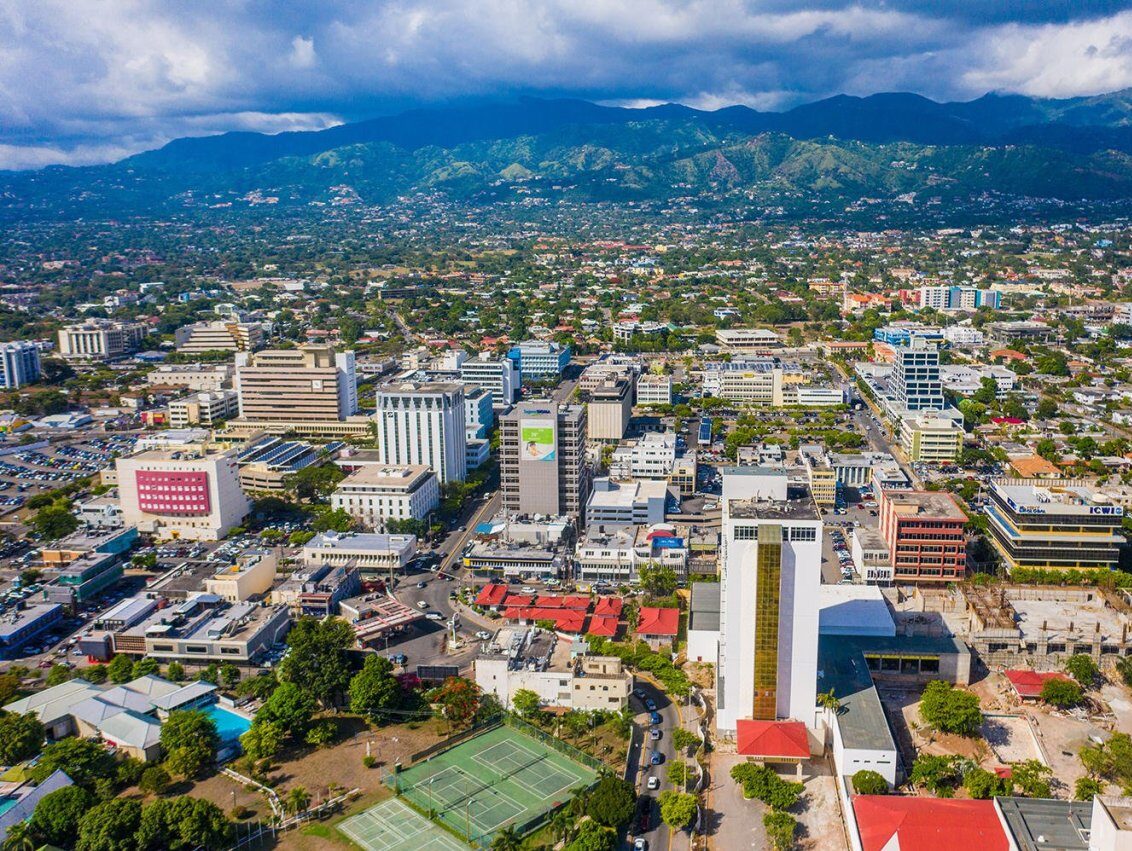
Located on Jamaica’s south coast, Kingston is the largest and most populous city in the country, with nearly one million people residing in the metropolitan area. Serving as the capital city, Kingston holds significant importance as a hub for trade and tourism. However, Kingston faces a variety of natural challenges, including floods caused by inclement weather, earthquakes, and droughts. In recent years, weather patterns in Kingston have been shifting, leading to more intense and frequent rainfall events. Consequently, there is a growing recognition of the importance of implementing climate-resilient planning and infrastructure in the city.
This recognition has prompted the municipal government to invest in projects aimed at enhancing the city’s resilience to the impacts of climate change. These initiatives include upgrading drainage systems, implementing sustainable water management practices, and reinforcing infrastructure to withstand the increasing frequency of extreme weather events. By prioritizing climate-resilient strategies, Kingston is taking proactive steps to safeguard its residents and infrastructure from the challenges posed by a changing climate.



